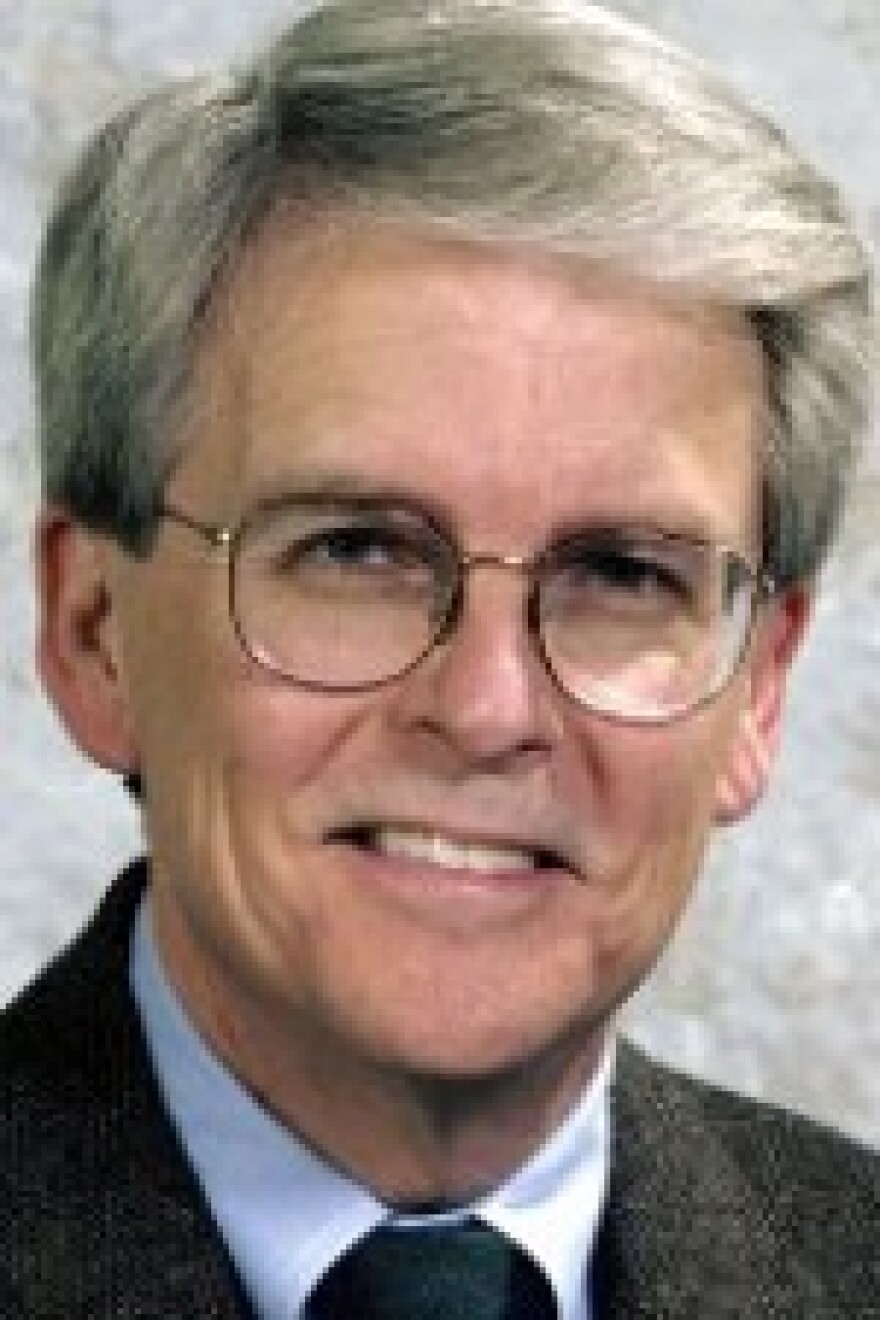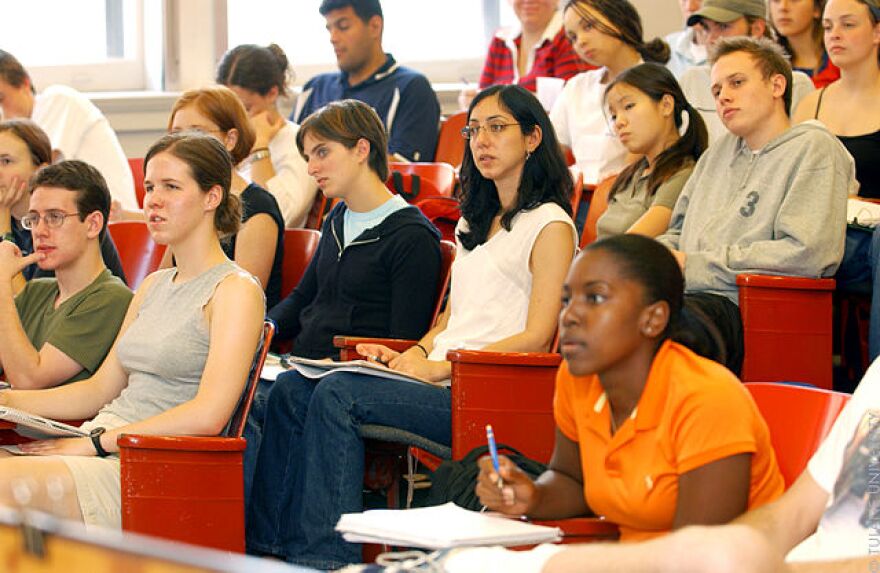Many colleges require students to take general education classes to expand their horizons beyond their majors. Higher education expert Paul Gaston says that's excellent. But he adds that there's more to a good “gen-ed” program than throwing subjects at students and telling them to get to work.
Gaston will lead several workshops Thursday March 19 at Western Michigan University. He’ll also give a public talk, “One Word Behind Student Centered Curricula (It’s not ‘Plastics’),” Thursday at 4 p.m. at the Fetzer Center.
Gaston, who teaches at Kent State University in Ohio, has written extensively on topics ranging from what accreditation means to how to interest students in subjects outside their major.
WMUK spoke with Gaston about how universities can make sure their programs stay relevant.
Gaston says it’s essential to a well-rounded education that students to “experience” ideas outside their main fields of study. But he adds that universities don’t always communicate with students about why those classes matter. Gaston says general-education classes have the most impact when linked to students’ lives.

“Why else would a student be willing to take seriously the learning that is being offered, unless there is some sense of meaningfulness?” he asks.
He says that universities need to continually examine whether their core programs remain effective. But schools sometimes hit “potholes” on that road, the subject of one of his workshops.
“A university is a complex organization and there are right ways to go about discussions of reform and there are wrong ways. And so we consider what some of the right ways are. For instance, communicating effectively.
“Rather than going away and saying, ‘Okay, I’m going to take a small group of people off, we will create the world’s best general education curriculum and then we’ll come back and we’ll say to our colleagues, “Here you are, admire the work that we’ve done,”’ that probably is in most cases a recipe for disaster,” he says.
“It is about being sensitive to the culture of an institution, about being sensitive to the breadth of experience and knowledge in that institution, about being aware of the needs of the students, and holding such discussions in a context that is broad and consultative.”
In the interview, Gaston also talks about the central role that he says accreditation plays in university self-reflection and improvement.
He adds that accreditation is “likely to be in the news” soon as Congress debates the Higher Education Act and whether to reauthorize it.



